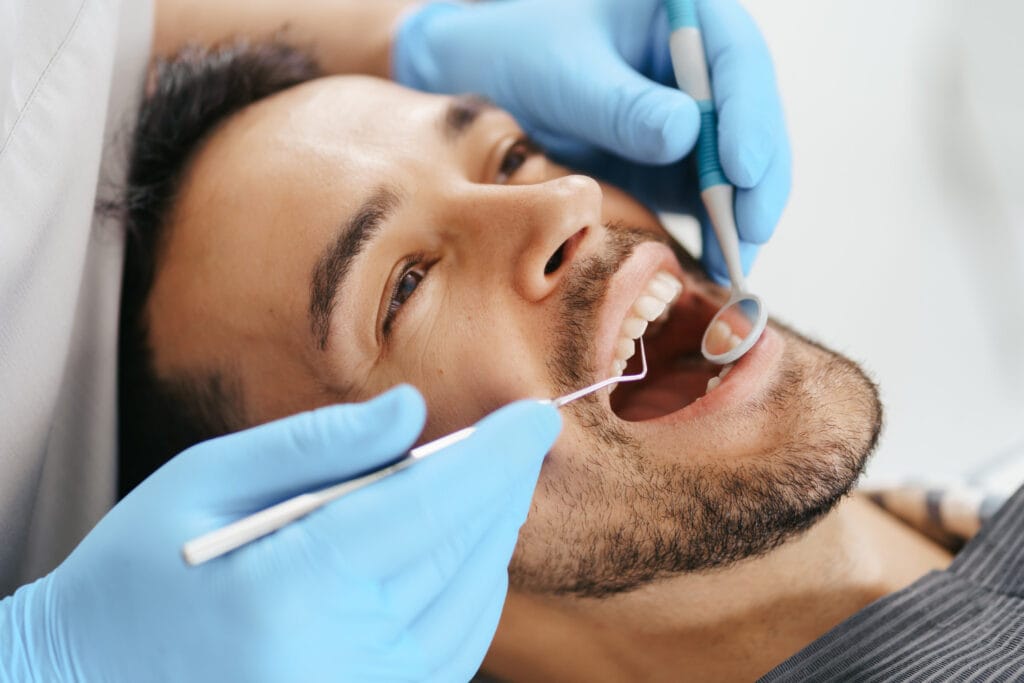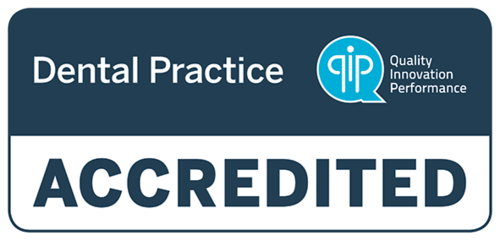Maintaining excellent oral health is crucial not just for a radiant smile but for overall well-being. Many individuals are increasingly interested in natural ways to enhance their oral hygiene. If you’re exploring methods to improve oral health naturally, this comprehensive guide will provide you with valuable insights.
What Are the Benefits of Natural Oral Health Practices?
Adopting natural oral health practices offers a multitude of benefits. These methods often reduce the risk of chemical exposure, support long-term wellness, and align with a holistic approach to health. By integrating natural techniques into your routine, you can potentially avoid harmful additives found in conventional dental products and contribute positively to your overall health.
Benefits of Natural Oral Health Practices:
- Enhanced Overall Health: Natural methods often avoid harsh chemicals, promoting better systemic health.
- Reduced Chemical Exposure: Many commercial dental products contain synthetic ingredients that some individuals prefer to avoid.
- Promotion of Long-term Wellness: Natural practices often align with a holistic view of health, supporting long-term well-being.
How Can You Maintain Good Oral Hygiene Naturally?
Maintaining good oral hygiene naturally involves several key practices that help keep your teeth and gums healthy. These practices focus on diet, hydration, and regular care routines.
Top Natural Ways to Improve Oral Health:
- Balanced Diet:
- Eat Crunchy Fruits and Vegetables: Consuming apples and carrots helps to clean teeth naturally and stimulate gums.
- Increase Calcium-Rich Foods: Foods such as leafy greens and dairy products support tooth enamel strength.
- Consume Vitamin C-Rich Foods: Oranges and strawberries aid in gum health and can prevent gum disease.
- Proper Hydration:
- Drink Plenty of Water: Staying hydrated helps maintain a healthy mouth by rinsing away food particles and bacteria.
- Use Fluoride-Free Water: If possible, use water that does not contain fluoride to align with a natural oral care routine.
- Good Oral Hygiene Practices:
- Brush Teeth Twice a Day: Use a natural toothpaste that is free from synthetic chemicals.
- Floss Daily: Opt for biodegradable floss to clean between teeth effectively.
- Use an Herbal Mouthwash: Rinsing with an herbal mouthwash or saltwater can help maintain oral health without chemicals.
- Avoid Harmful Substances:
- Limit Sugary and Acidic Foods: Reducing intake of sugary snacks and acidic beverages helps prevent cavities and enamel erosion.
- Avoid Tobacco Products: Tobacco use can lead to gum disease and oral cancer.
What Are the Best Practices for Oral Hygiene That Avoid Natural Remedies?
For those who wish to improve their oral health without relying on home remedies, focusing on consistent, scientifically supported practices is essential. Here are some evidence-based practices that support natural oral health:
- Regular Dental Checkups: Visiting your dentist regularly for professional cleanings and examinations ensures that any potential issues are identified and managed promptly. Regular checkups can help prevent and manage oral health issues before they become severe.
- Effective Brushing Techniques: Brushing twice daily with fluoride toothpaste is a cornerstone of good oral hygiene. Ensure you use a toothbrush with soft bristles and replace it every three to four months.
- Flossing: Daily flossing removes food particles and plaque from between the teeth and under the gumline, areas that a toothbrush cannot reach.
How Do Natural Oral Health Practices Compare to Conventional Methods?
The following table provides a comparison of natural versus conventional oral health practices:
| Aspect | Natural Practices | Conventional Practices |
| Toothpaste | Natural toothpaste with minimal synthetic ingredients | Standard toothpaste with fluoride and additives |
| Mouthwash | Herbal mouthwash or saltwater rinses | Alcohol-based mouthwash with fluoride and chemicals |
| Flossing | Biodegradable floss | Standard nylon floss |
| Diet | Emphasis on whole foods, low in sugar and acid | May include more processed foods |
| Dental Checkups | Regular visits to maintain natural health | Routine professional cleanings and checkups |
What Does Research Say About Natural Oral Health Practices?
Research supports many of the benefits associated with natural oral health practices. For example, a study published in the Journal of Clinical Dentistry highlights the positive impact of a balanced diet on oral health, noting that vitamin-rich foods can significantly contribute to maintaining healthy gums and teeth. Reference
Additionally, research in the Australian Dental Journal emphasises the importance of regular dental checkups and effective brushing techniques. Regular professional care complements natural hygiene practices to ensure comprehensive oral health. Reference
Read More: Why is Oral Health Important?
Read More: How Does Poor Oral Health Impact General Health?
How Can Palm Beach Dental Assist in Your Oral Health Journey?
If you’re looking for professional support in maintaining your oral health, Palm Beach Dental is here to help. Our experienced team provides comprehensive dental care that complements natural oral health practices, ensuring that your smile remains healthy and radiant.
Contact Palm Beach Dental to schedule an appointment and learn more about how we can assist in your journey to optimal oral health.
By following these practices and understanding the benefits of natural oral health methods, you can make informed choices that support both your dental and overall well-being. For further information on oral health and dental care, consider exploring additional resources or consulting with a dental professional.
References
For those looking for professional guidance on integrating natural practices into your oral care routine, consider visiting Palm Beach Dental.
FAQs on Improving Oral Health Naturally
1. What is the role of diet in improving oral health naturally?
A balanced diet plays a crucial role in maintaining oral health. Foods high in calcium, such as leafy greens and dairy products, help strengthen tooth enamel and bones. Crunchy fruits and vegetables, like apples and carrots, naturally clean teeth and stimulate gums. Additionally, foods rich in vitamin C, such as oranges and strawberries, support gum health and can help prevent gum disease.
2. How does proper hydration contribute to oral health?
Proper hydration is essential for oral health as it helps keep the mouth moist, which is crucial for the production of saliva. Saliva plays a key role in neutralising acids produced by bacteria, rinsing away food particles, and providing essential minerals to the teeth. Drinking plenty of water also helps prevent dry mouth, which can lead to bad breath and an increased risk of dental issues.
3. What are the benefits of using natural toothpaste?
Natural toothpaste often contains fewer synthetic chemicals and artificial additives compared to conventional toothpaste. It typically includes ingredients like baking soda, essential oils, and herbal extracts that can effectively clean teeth without causing irritation. Natural toothpaste can help avoid potential allergens and harmful substances while maintaining oral hygiene.
4. How can flossing contribute to natural oral health care?
Flossing is a critical component of natural oral health care as it removes food particles and plaque from between teeth and under the gumline, areas that a toothbrush may not reach. Using biodegradable floss aligns with a natural approach by reducing environmental impact. Regular flossing helps prevent cavities and gum disease, contributing to overall oral health.
5. Are there natural alternatives to conventional mouthwash?
Yes, there are several natural alternatives to conventional mouthwash. Herbal mouthwashes often contain ingredients like chamomile, peppermint, and tea tree oil, which have antibacterial properties and can help maintain oral health. Additionally, rinsing with saltwater is a simple and effective natural alternative that can help soothe inflamed gums and reduce bacteria.
6. How often should I visit the dentist if I am using natural oral health methods?
Even if you follow a natural oral health regimen, it is essential to visit the dentist regularly for professional cleanings and checkups. The general recommendation is to see your dentist every six to twelve months. Regular dental visits ensure that any potential issues are identified early and that your oral health is maintained at optimal levels.




